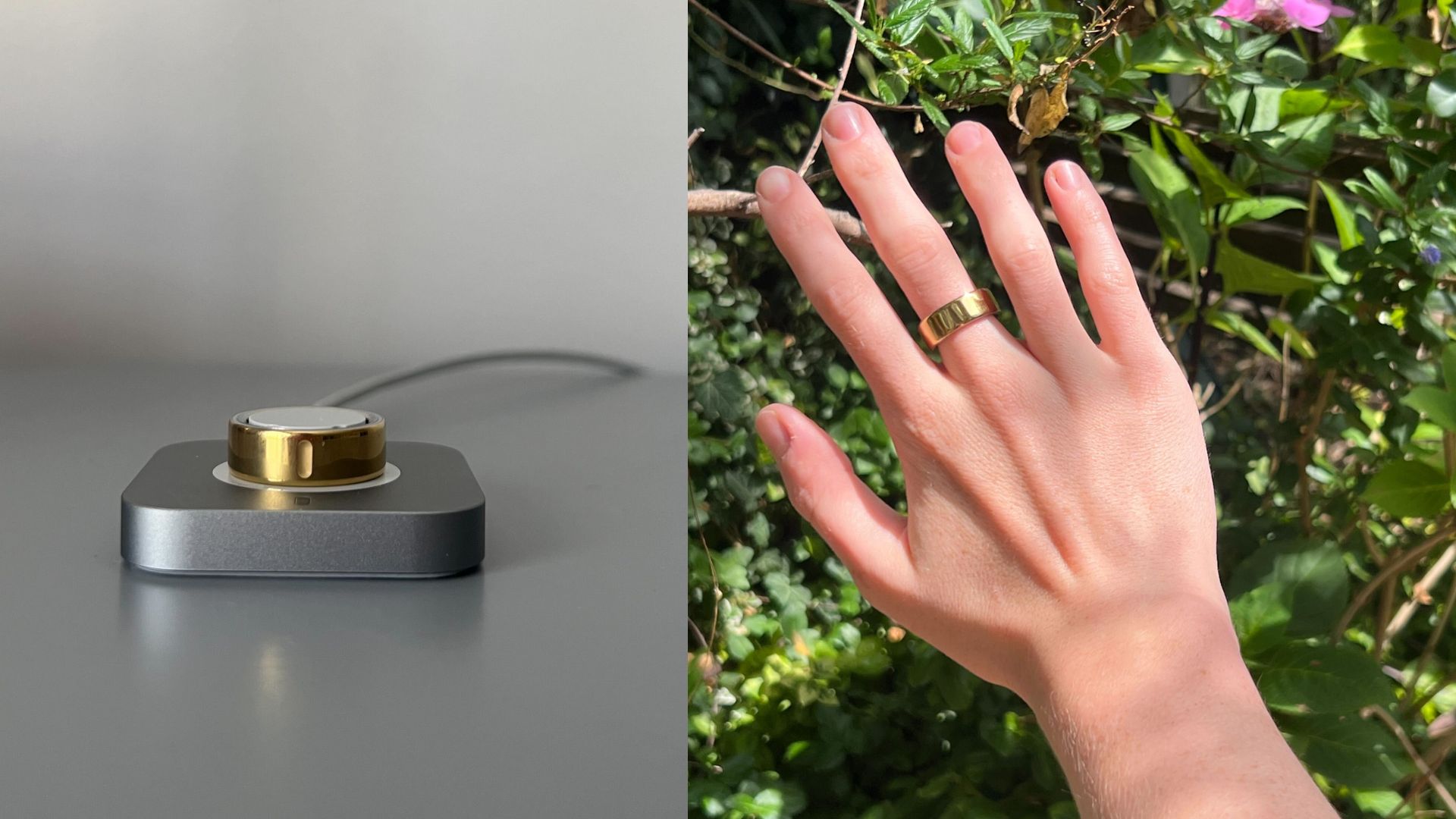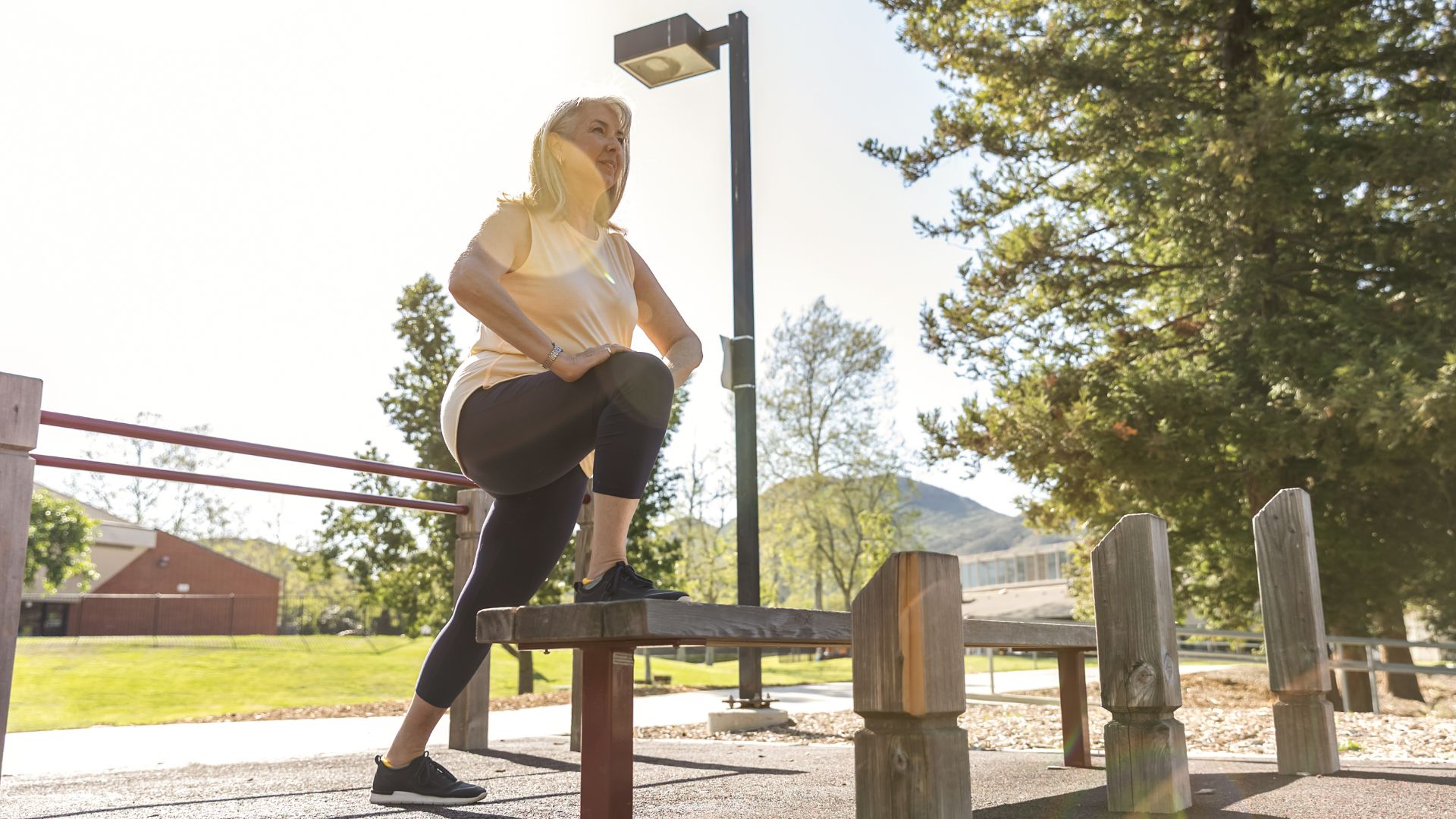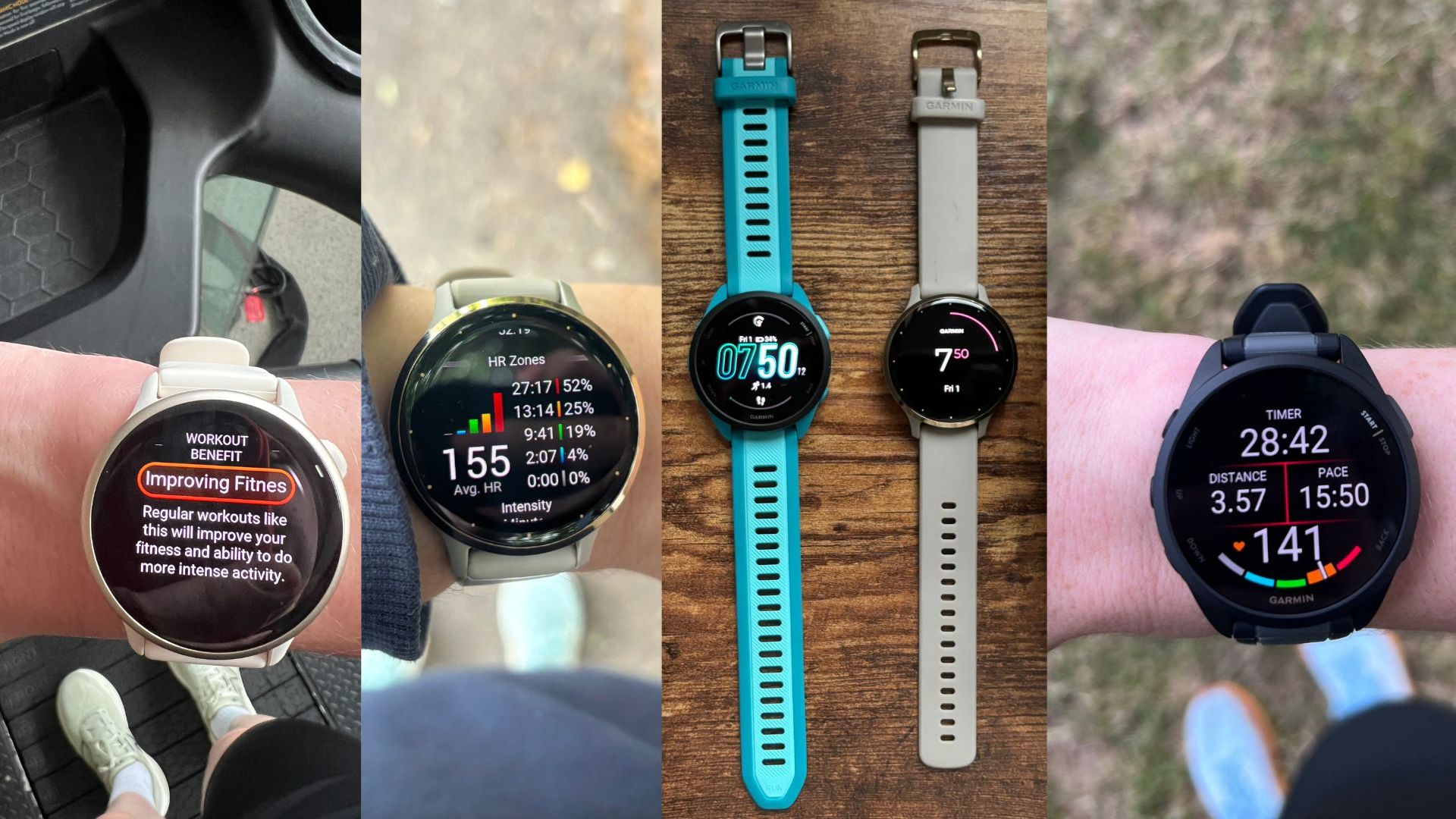Health & Wellbeing
Expert advice, tips and guidance from medical and healthcare professionals to help you take care of your physical health and mental wellbeing
Explore Health & Wellbeing
Latest
-

Google Pixel Watch vs Fitbit: I've worn both for over a year - here are my true thoughts
Weighing up Google Pixel Watch vs Fitbit Charge 6? With both devices set to come on sale in the next few months, you're not the only one to ask
By Grace Walsh Published
-

The best fitness trackers for women to help improve your exercise, sleep, and stress habits in 2025
The best fitness tracker for you should help improve your fitness and sleep schedule with advanced data insights, lifestyle suggestions, and health monitoring
By Grace Walsh Last updated
-

Jennifer Garner ditches white running trainers for a cool, versatile shade - and they're on sale
The 'comfy and well-cushioned' running shoes are a stylish and practical option for workouts and everyday wear
By Kerrie Hughes Published
-

Forget counting steps, the Oura Ring 4 helps improve my sleep quality like nothing else
With an improved design and more features, the Oura Ring 4 has made its way onto my hand for good, but I'm not giving up my fitness tracker just yet
By Grace Walsh Published
-

'Your body is trying to tell you something' - Dr Amir reveals 5 'little' symptoms you should always see a doctor about
The GP took to Instagram to reveal the symptoms that are a sign of something more, the ones you should see a doctor about if they last longer than a few weeks
By Grace Walsh Published
-

Tennis may add 10 years to your life - but not for the reason you might think, study reveals
Playing tennis for longevity is a powerful tool for life, not just for Wimbledon, as multiple researchers agree that the sport has benefits for biological age
By Grace Walsh Published
-

Swap squats for step-ups and thank me later - they are 'even better' for building lower-body strength
The step-up exercise builds strength one leg at a time, improving balance, stability and helping to build muscle like no other exercise
By Grace Walsh Last updated
-

I review activewear for a living - these are the 10 pieces I'd shop in the Lululemon sale this summer
Update your workout wardrobe for autumn with cosy picks in the latest Lululemon sale drop
By Grace Walsh Last updated
-

9 best yoga mats on Amazon, as recommended by a yoga teacher
Amazon is a go-to for easy delivery, and our list of the best yoga mats reveals the ones to shop for, with various sizes, support, and colours available
By Ciara McGinley Last updated
